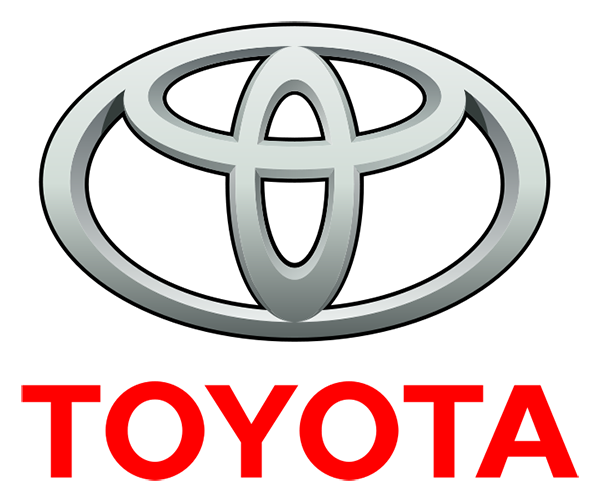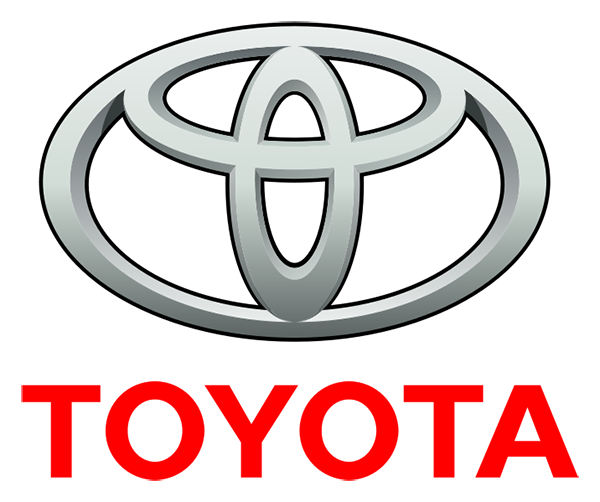With a production system that combines not only their general manufacturing processes, but also their management philosophies, Toyota Manufacturing is a much-admired automobile maker. As the economy fluctuates and more automobile manufacturers near the reality of bankruptcy and bailouts, one company stands out among the competition. Despite a highly publicized acceleration issue, which Toyota is trying to put behind itself, this industry leader is the second largest automotive manufacturing company in the world according to Forbes. With their unique perspective on building automobiles and running the company, “Toyota Production System” or TPS, this manufacturer is coasting toward posting a $9.5 billion dollar profit for this fiscal year.

Muri
Muri is a Japanese term meaning unreasonableness or excessiveness. It is also a fundamental term in the Toyota production system. The Toyota production system installs principles and systems designed to reduce waste, thereby decreasing the loss of profits that can accrue through scrap. All processes are to be done a specific way, in a specific order, at a specific station. These processes are combined in ways that make sense and employees are trained on the standardized processes. Each process also has an allotted time that can be taken to complete the given task. This time is referred to as takt time, derived from the German word takzeit which means cycle time. Through this standardization, Toyota knows exactly how long a car takes to get from one end of the line to the other.
Mura
Mura is the Japanese word for inconsistency. The idea behind increasing consistency is to be sure that the proper parts are on hand when they are needed and in the correct amount. This means that money stays where it belongs and there is little to no money tied up in carrying supplies that are not needed or that will not get used. The idea is to only purchase and produce what is needed.
Muda
Muda is a Japanese term for any behavior or action that is wasteful or unproductive. In the Toyota Production System, there are seven types of waste that fall under the heading muda.
- Production
- Wait time/wasted time
- Transportation waste
- Processing
- Wasted stock at hand
- Movements
- Defective products
The processes which are in place are meant to reduce the consumption of costly resources and the amount of stock produced that will not be able to be sold or that will be sold for a fraction of regular profitability.
The founder of Toyota, Kiichiro Toyoda, is the mastermind behind this company’s admirable manufacturing philosophy founded on the principles of:
- Continuous improvement
- Long term vision
- Kaizen and the improvement of operations
- Genchi Genbutsu- having the right facts to make the best decision
- Respect for people
Although many other manufacturing companies have made attempts at instituting a production system like that of Toyotas, they often fail and revert back to their previous way of doing business. This is due to a lack of understanding of both the concepts of muri, mura, muda and a lack of knowledge on how to implement the plan. To have the TPS work the company must understand and install all philosophies and processes in ways that make sense for their industry.
From the headlights on your Rav4 straight through to the low price Toyota Tacoma tail lights, this company is focused on quality and profitability.
They have effectively created a workplace where employees work as a team and are rewarded for contributions that improve operations, Toyota will remain a rock in the sea of automotive manufacturing uncertainty.
Kate Simmons is a fresh graduate and occasional blogger on topics related to business and especially the automotive industry. She currently works for an auto parts website.

